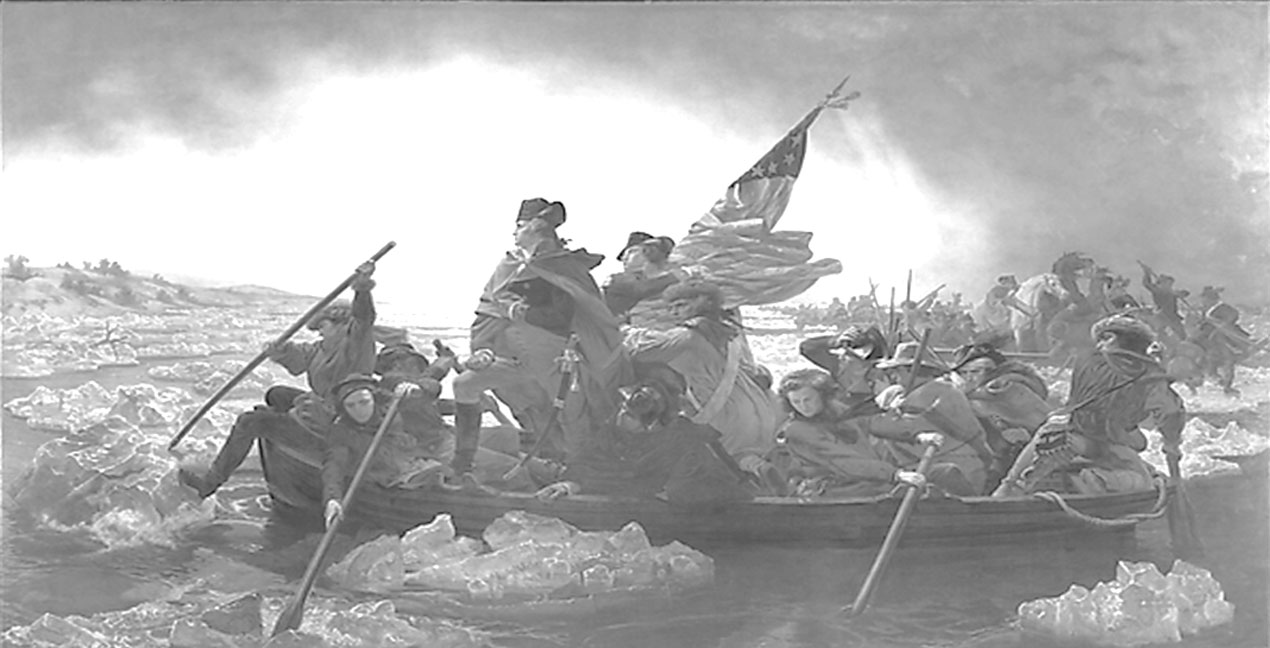

Two thirds of the peasants owned no land at all and were therefore forced to work for the rich landlords. They pointed out that fifty per cent of the agricultural land in South Vietnam was owned by only two and a half per cent of the population.

The NLF educated the peasants in economics and explained how poverty was the result of the landowner's selfishness. For centuries, the Vietnamese peasants had accepted this state of affairs because they believed that poverty was a punishment for crimes committed by their ancestors. Most peasants in South Vietnam were extremely poor. These included:" (1) Not to do what is likely to damage the land and crops or spoil the houses and belongings of the people (2) Not to insist on buying or borrowing what the people are not willing to sell or lend (3) Never to break our word (4) Not to do or speak what is likely to make people believe that we hold them in contempt (5) To help them in their daily work (harvesting, fetching firewood, carrying water, sewing, etc.)." All members were issued with a series of 'directives'. When the NLF entered a village they obeyed a strict code of behaviour. According to Mao Zedong, the peasants were the sea in which the guerrillas needed to swim: "without the constant and active support of the peasants. The initial objective of the NLF was to gain the support of the peasants living in the rural areas. Therefore, when a guerrilla was captured and tortured, his confessions did not do too much damage to the NLF. These cells worked together but the knowledge they had of each other was kept to the bare minimum. The NLF was organised into small groups of between three to ten soldiers. The strategy and tactics of the National Liberation Front were very much based on those used by Mao Zedong in China.

This was especially true of China's neighbour, Vietnam. The establishment of a communist government in China was an inspiration to all revolutionaries in South East Asia. Sun Tzu's ideas were successfully adapted by Mao Zedong, the leader of the communist forces in China. In his book, The Art of War, Sun Tzu gives several suggestions on how to defeat an enemy that is larger and better equipped than your own army. Sun Tzu argued that all warfare involves the employing of one's strength to exploit the weakness of the enemy. The tactics employed by "guerrillas" date back to the ideas of Sun Tzu, the Chinese military strategist who lived over 2000 years ago. The word 'guerrilla' is Spanish for "little war".

The term 'guerrilla' originates from the actions of small bands of Spanish soldiers who fought against Napolean's French army in the Peninsular War (1807-1814).


 0 kommentar(er)
0 kommentar(er)
